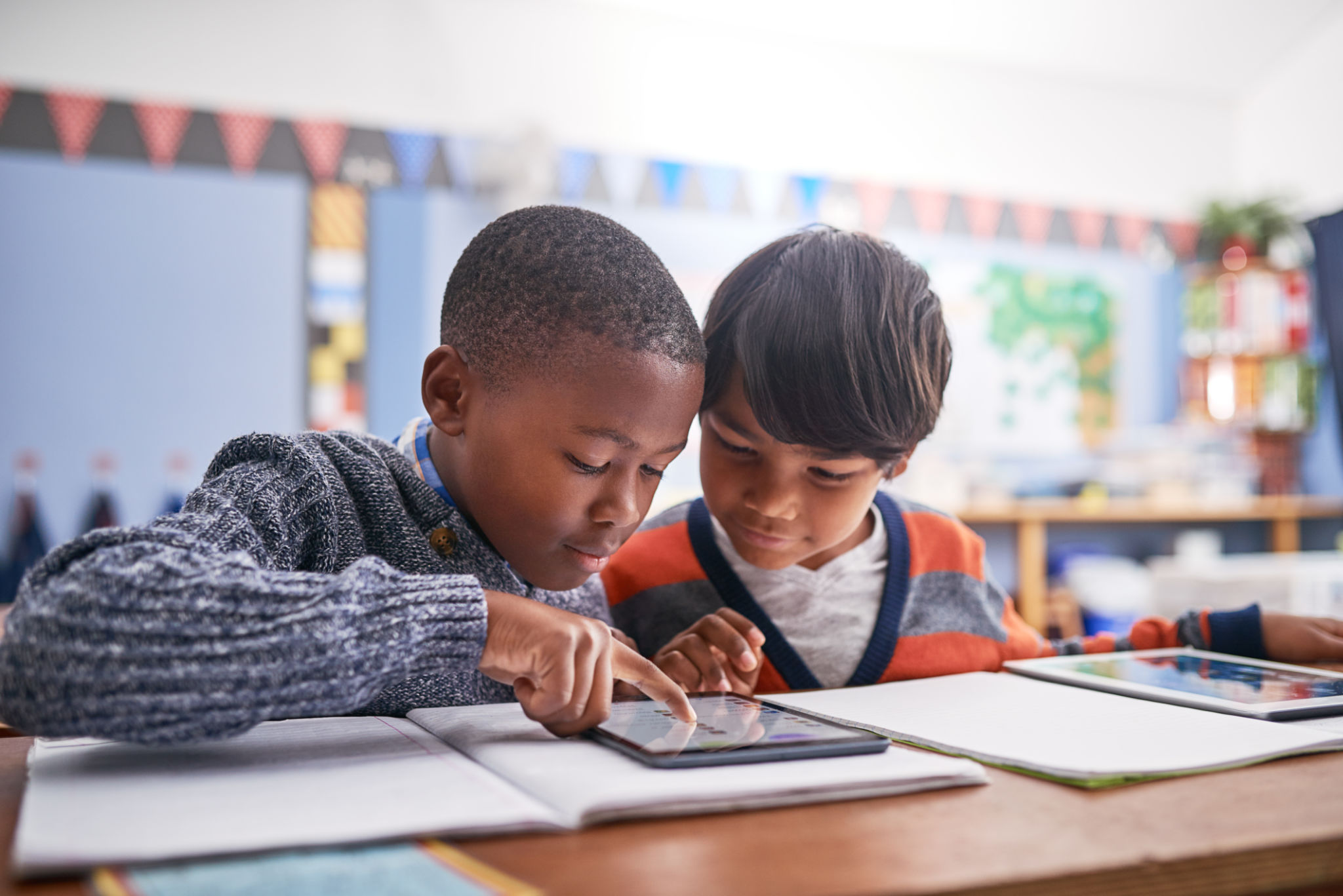Adapting to Digital: How Tablets Are Transforming Education in Iraq
The Rise of Digital Education
In recent years, Iraq has witnessed a significant shift in its educational landscape, largely driven by the integration of digital technologies. Among these advancements, the introduction of tablets in classrooms has emerged as a transformative force. This digital adaptation is not only modernizing the teaching process but also enhancing the learning experience for students across the country.
The use of tablets in Iraqi education is part of a broader global trend towards digital learning tools. These devices are increasingly being used to supplement traditional teaching methods, offering a more interactive and engaging approach to education.

Benefits of Tablets in Education
The incorporation of tablets in education offers numerous advantages. First and foremost, they provide easy access to a wealth of information and educational resources. Students can now access textbooks, research materials, and educational videos with just a few taps on their screens. This accessibility promotes a more self-directed learning approach, encouraging students to explore topics beyond the confines of their syllabus.
Furthermore, tablets support various learning styles. Visual learners can benefit from interactive graphics and videos, while auditory learners can listen to lectures and audiobooks. This flexibility allows educators to cater to the diverse needs of their students, ensuring a more inclusive learning environment.
Challenges and Considerations
Despite these benefits, the implementation of tablets in Iraqi classrooms is not without challenges. Infrastructure limitations, such as unreliable internet connectivity and power shortages, pose significant hurdles. Additionally, there is a need for teacher training programs to ensure educators are equipped to effectively integrate these digital tools into their teaching practices.

Another consideration is the cost of technology. Providing tablets to students across Iraq requires substantial financial investment. However, many believe that the long-term benefits of digital education justify these initial expenses. Partnerships between the government and private sector could play a crucial role in overcoming these financial barriers.
Success Stories and Progress
Despite the challenges, there are encouraging success stories emerging from various regions in Iraq. In some schools, tablet-based learning has resulted in improved student engagement and academic performance. Teachers have reported that students are more motivated and actively participate in lessons when using digital devices.
Moreover, initiatives led by non-governmental organizations and educational institutions are helping to bridge the digital divide. These efforts are focused on providing resources and training to underprivileged schools, ensuring that all students have an equal opportunity to benefit from digital education.

The Future of Education in Iraq
The continued integration of tablets into Iraqi education signals a promising future for students and teachers alike. As technology advances and becomes more affordable, it is expected that digital tools will become even more prevalent in classrooms. This shift towards digital education could play a pivotal role in preparing Iraqi students for the demands of the modern workforce.
Ultimately, adapting to digital methods is not just about keeping up with global trends; it is about enhancing educational quality and accessibility for all students in Iraq. By embracing this digital transformation, Iraq is taking significant steps towards building a more educated and technologically-savvy generation.
